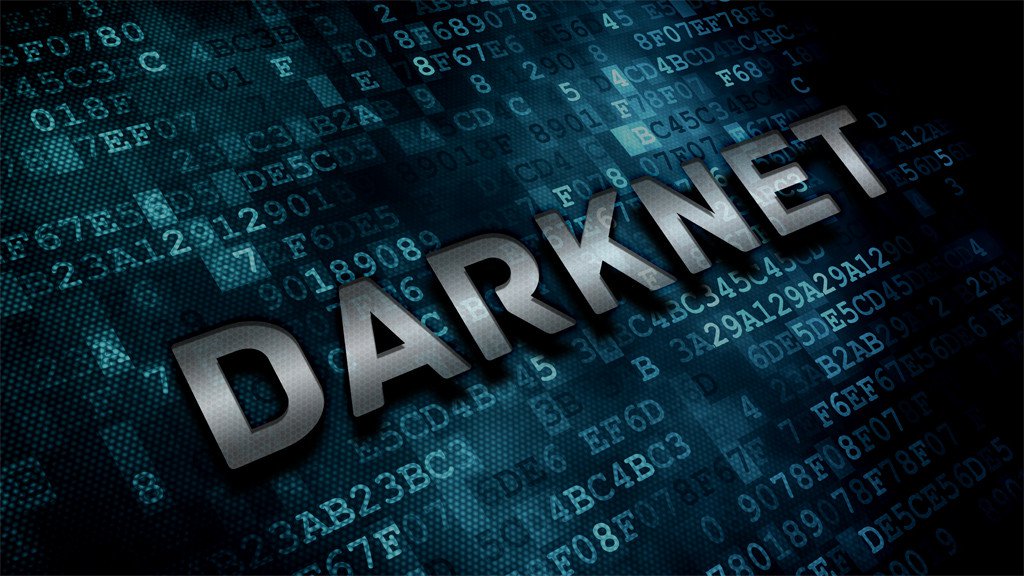

The deep Web (also known as the undernet, invisible Web and hidden Web, among other monikers) consists of data that you won't locate with a simple Google search. This includes genealogical information, local news archives, public directories, oral histories, and much more.As for the rest of it? Well, a lot of it's buried in what's called the deep Web. As a library card holder, you can search dozens to hundreds of databases that you won't find anywhere on the internet.
Most regional libraries have extensive websites available for members. Library of Congress's Digital Collections is home to hundreds of manuscripts, photos, videos, articles, and other historical information you won't find in Google. This tool is invaluable for finding information from magazines, news articles, and even individuals' public records. LexisNexis requires a subscription for most people, but if you're a student, you may already have one. Voice of the Shuttle is another humanities-focused resource curated by humans who share helpful and interesting Deep Web content.  Project Muse lets you search peer-reviewed academic journal articles and e-books about the humanities. Some of what is on PubMed is indexed by Google, but you can browse and search the website for difficult-to-find articles.
Project Muse lets you search peer-reviewed academic journal articles and e-books about the humanities. Some of what is on PubMed is indexed by Google, but you can browse and search the website for difficult-to-find articles.  PubMed indexes articles about biomedical topics. Web of Science indexes a variety of multidisciplinary academic articles and citations. There are plenty of great databases that contain peer-reviewed and other academic data that isn't completely searchable in Google or Bing, including: Academic databases and archives are some of the most interesting parts of the Deep Web.
PubMed indexes articles about biomedical topics. Web of Science indexes a variety of multidisciplinary academic articles and citations. There are plenty of great databases that contain peer-reviewed and other academic data that isn't completely searchable in Google or Bing, including: Academic databases and archives are some of the most interesting parts of the Deep Web.







 0 kommentar(er)
0 kommentar(er)
